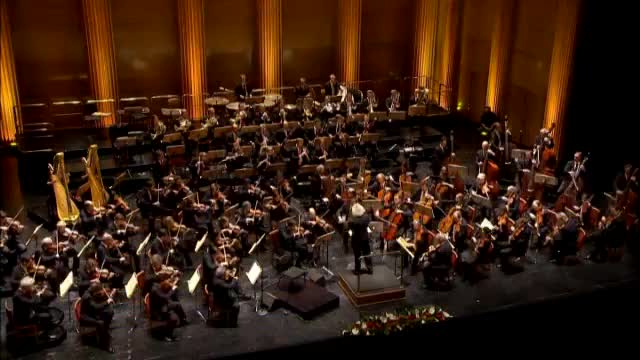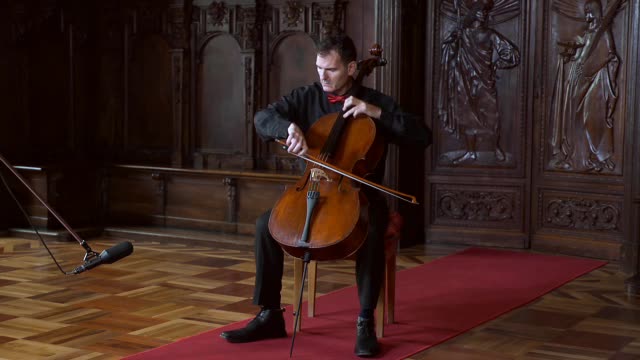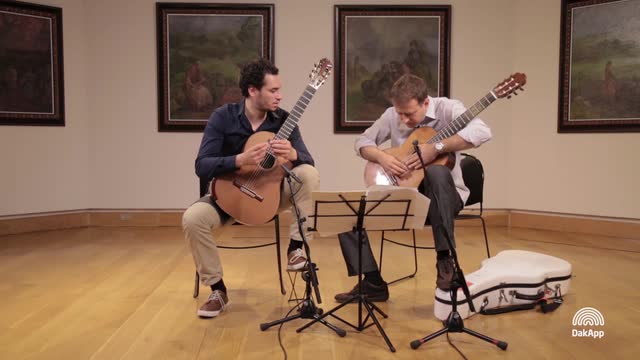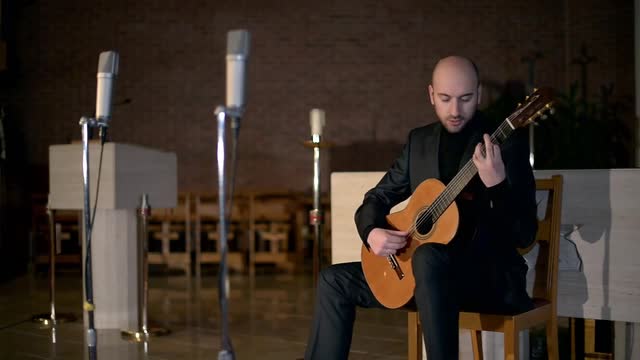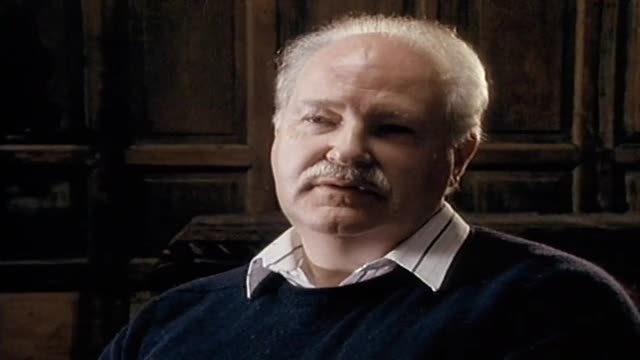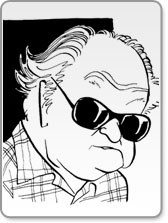
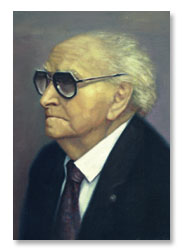
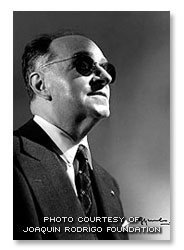
The Spanish composer Joaquín Rodrigo, blind from the age of three, enriched Spanish music in particular through his concertos for guitar, compositions for which he is best known abroad. Rodrigo studied for a time in Paris, where he spent the turbulent years of the Spanish Civil War, his subsequent career largely centred on Madrid.
Orchestral Music
The best-known work of Rodrigo is the Concierto de Aranjuez for guitar and orchestra of 1939, closely followed in popularity by his Fantasía para un gentilhombre. Other guitar concertos include a Concierto madrigal for two guitars and a Concierto andaluz for four guitars. He has written concertos for other solo instruments, including the violin, the cello and the piano, and a Concierto serenata for solo harp and orchestra. All are in a style that has remained consistent throughout his career in all his compositions, including his vocal and stage works.
Piano Music
A pianist himself, Rodrigo wrote a number of pieces for the instrument which reflect the Spanish and French influences prevalent in all his music.
